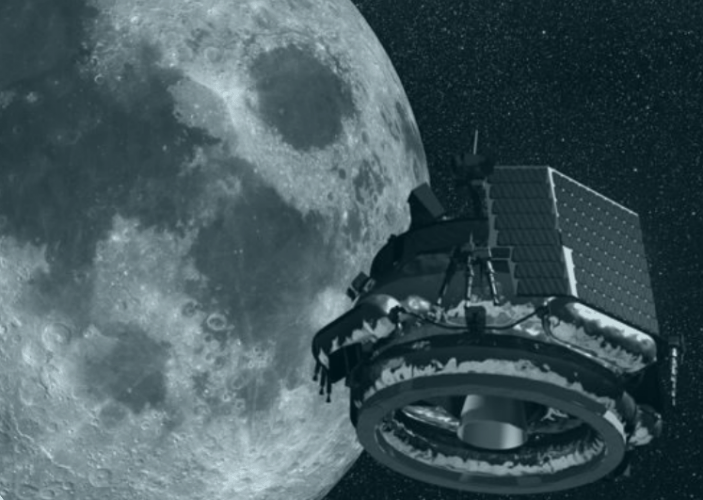
According to the FAA, Moon Express’s MX-1E spacecraft is capable of transfer from Earth orbit to the Moon, making a soft landing on the lunar surface, and performing post-landing relocations through propulsive “hops.” The lander, which is yet to be completed, will travel on a rocket developed by start-up Rocket Lab, which to date has not launched any commercial missions. Once on the surface, the lander will beam pictures back to Earth, as well as carry out scientific experiments.
The mission will be the first time a private enterprise has been given approval to operate beyond Earth’s orbit, and could be a watershed in international attitudes to commercial space exploration. China was the most recent visitor to the Moon, when in 2013 it landed a rover on the surface as part of its Chang'e-3 mission.
“The Moon Express 2017 mission approval is a landmark decision by the US government and a pathfinder for private sector commercial missions beyond the Earth’s orbit,” said Moon Express co-founder & CEO, Bob Richards.

The Outer Space Treaty, to which the US is a party, prohibits outright ownership of celestial bodies, including the Moon. However, exploitation of resources beyond Earth is not expressly forbidden, and the FAA’s ruling could herald a ‘Moon rush’ over the next decade to both survey and potentially mine the lunar surface. Moon Express could also be in line to pick up Google’s $20m Lunar X Prize, which will be awarded to the team that lands the first commercial probe on the Moon.
“The sky is not the limit for Moon Express — it is the launchpad,” said co-founder and chairman, Naveen Jain. “This breakthrough ruling is another giant leap for humanity. Space travel is our only path forward to ensure our survival and create a limitless future for our children. In the immediate future, we envision bringing precious resources, metals, and Moon rocks back to Earth. “
Although this particular mission has been given the green light, the FAA was clear in pointing out that any future requests from Moon Express or other operators will be evaluated on a case-by-case basis.




Swiss geoengineering start-up targets methane removal
No mention whatsoever about the effect of increased methane levels/iron chloride in the ocean on the pH and chemical properties of the ocean - are we...